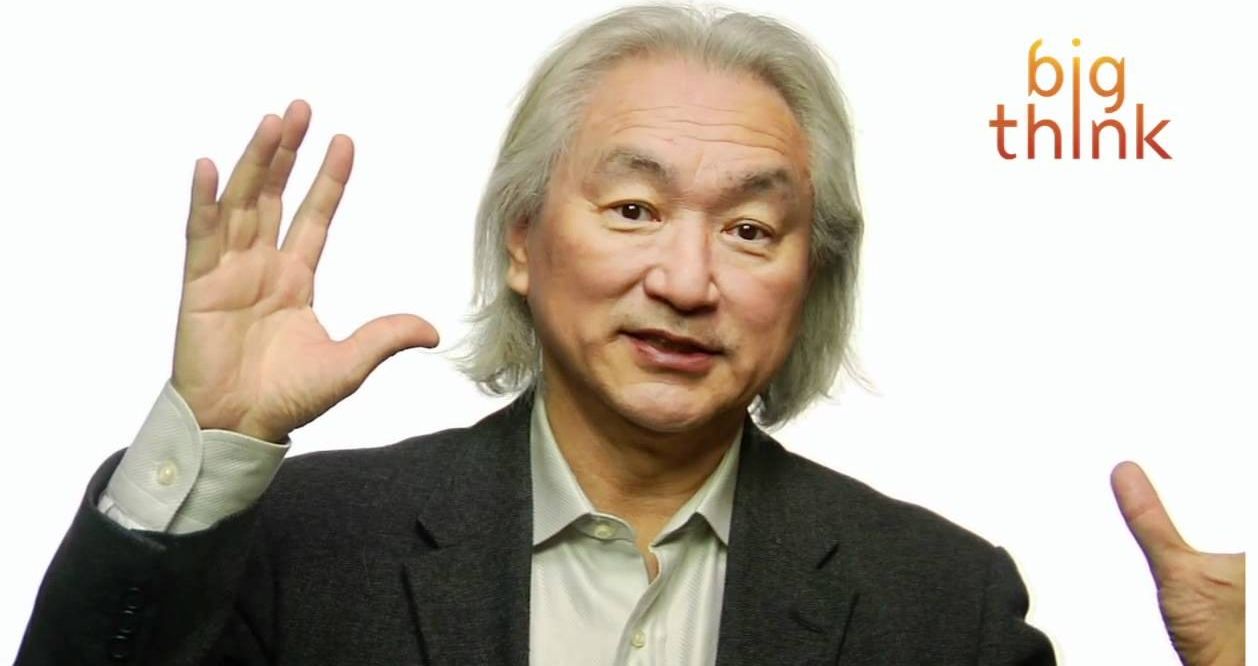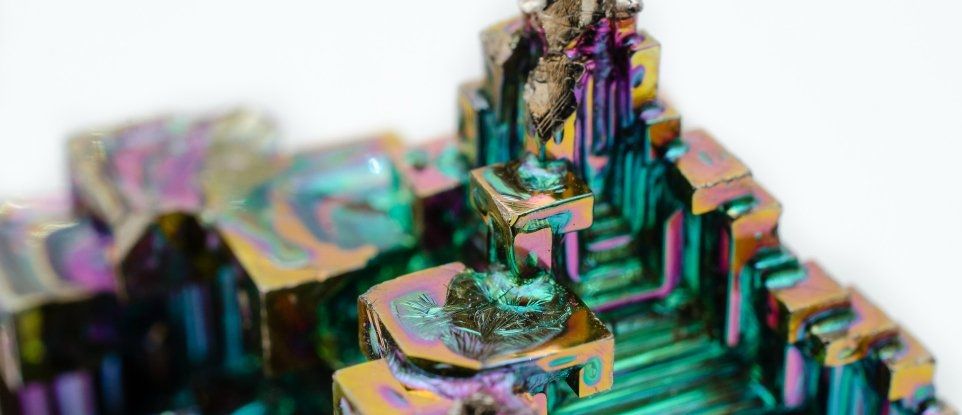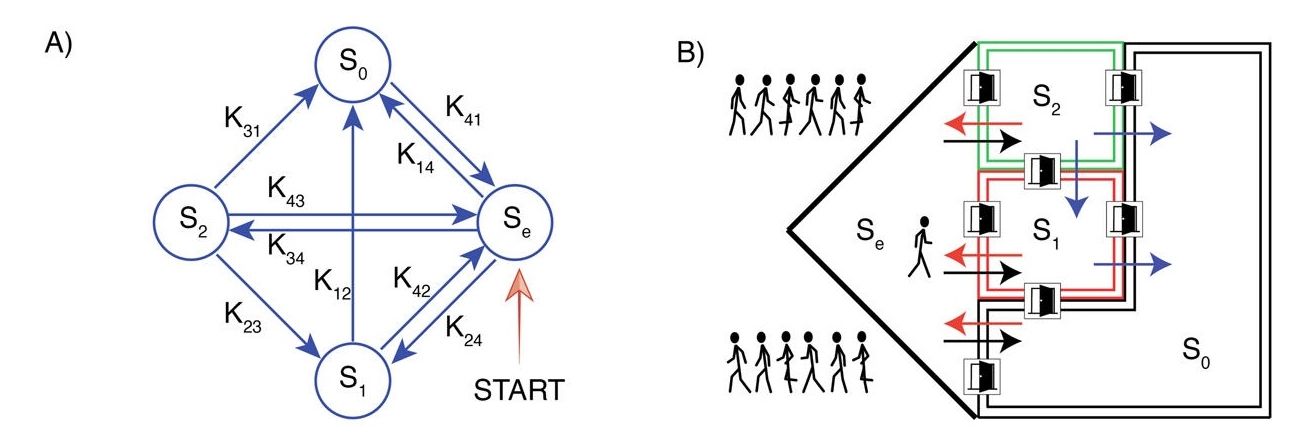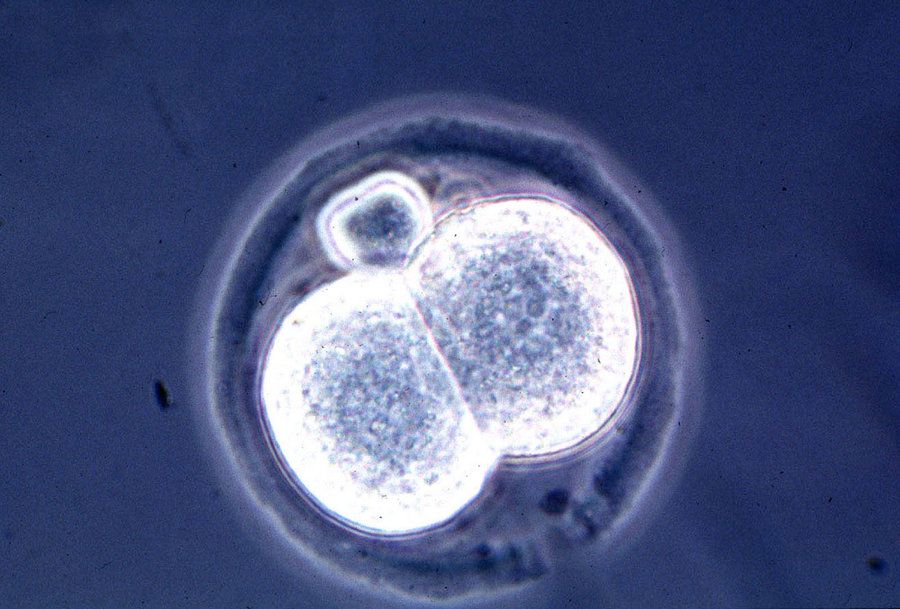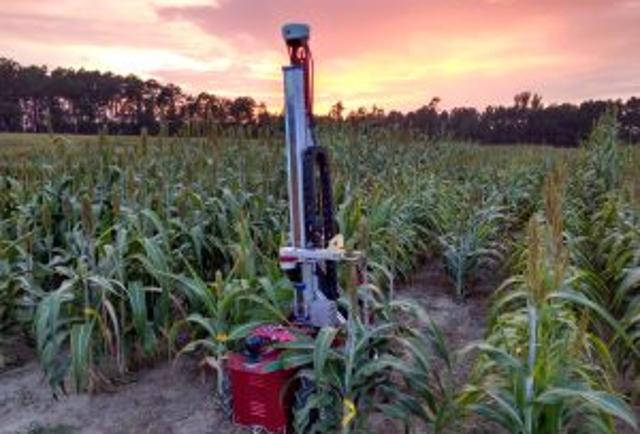Mar 19, 2017
Why String Theory Could Be the Key to Uncovering the ‘Theory of Everything’
Posted by Shailesh Prasad in categories: cosmology, quantum physics
A central goal that modern physicists share is finding a single theory that can explain the entire Universe and unite the forces of nature.
The standard model, for example, leaves dark matter, dark energy, and even gravity out of the picture — meaning that it really only accounts for a very small percentage of what makes up the Universe.
Continue reading “Why String Theory Could Be the Key to Uncovering the ‘Theory of Everything’” »
